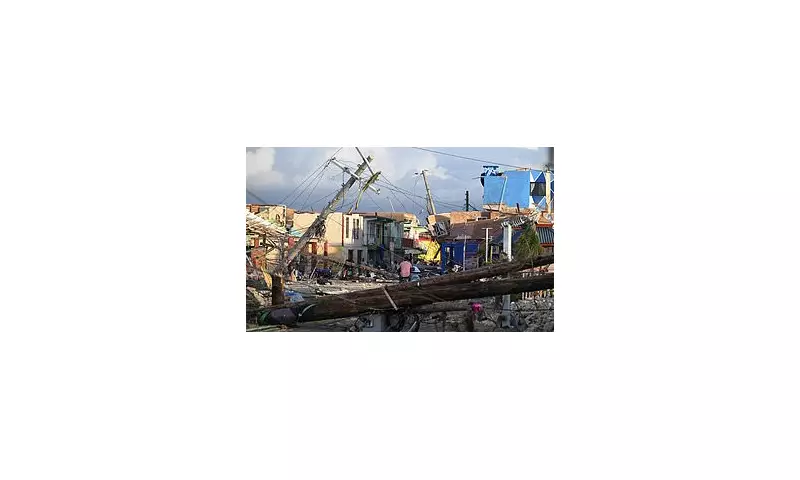
The Atlantic hurricane season has delivered a terrifying preview of our climate-altered future, with Hurricane Melissa exhibiting behaviour that has left meteorologists deeply concerned. This powerful storm system, currently churning through the ocean, demonstrates characteristics that scientists have long warned would become more common in a warming world.
Unprecedented Intensity Patterns
What makes Hurricane Melissa particularly alarming is her rapid intensification cycle. Meteorologists observed the storm's wind speeds increasing at a rate that defies historical patterns. This phenomenon of rapid intensification - where wind speeds increase by at least 35 mph within 24 hours - is becoming worryingly frequent in warmer ocean waters.
Dr Eleanor Vance, leading climate researcher at the University of East Anglia, explains: "We're witnessing a fundamental shift in how these systems behave. The ocean heat content acts like rocket fuel for developing storms, giving them energy that would have been unavailable decades ago."
The UK Connection: Why Britain Should Be Concerned
While Hurricane Melissa remains offshore, her influence extends far beyond her immediate path. The complex weather systems she generates can trigger:
- Coastal flooding risks along southwestern England and Wales
- Heavy rainfall that could exacerbate existing flood warnings
- Dangerous rip currents affecting beach safety
- Significant disruption to shipping and maritime activities
The Climate Change Fingerprint
Multiple studies now confirm what meteorologists are observing in real-time. The warming atmosphere and oceans are creating ideal conditions for more powerful, longer-lasting storms. Key findings include:
- Warmer sea surface temperatures providing more energy for storm development
- Increased atmospheric moisture leading to heavier rainfall potential
- Changing wind patterns that can steer storms into unusual trajectories
- Sea level rise amplifying storm surge impacts on coastal communities
Looking Ahead: A New Normal for Atlantic Weather
The behaviour exhibited by Hurricane Melissa isn't an isolated incident. The 2023 hurricane season has already produced several record-breaking systems, suggesting we're entering a new era of tropical cyclone activity. Coastal communities from Cornwall to East Anglia must prepare for increased frequency of severe weather impacts, even from distant storms.
The scientific consensus is clear: as global temperatures continue to rise, the Atlantic basin will likely see more Category 4 and 5 hurricanes, with implications for weather patterns across Western Europe, including the United Kingdom.





